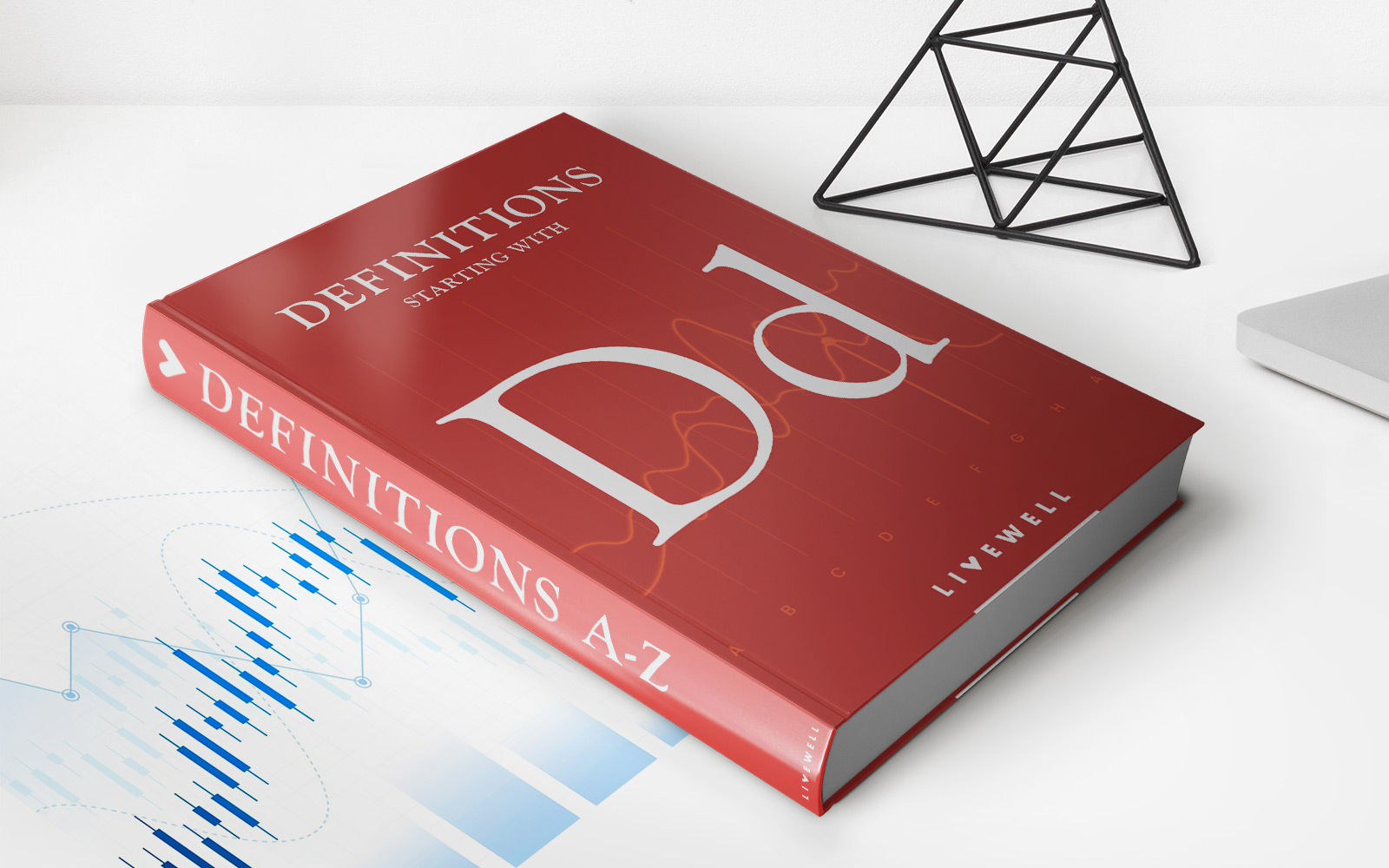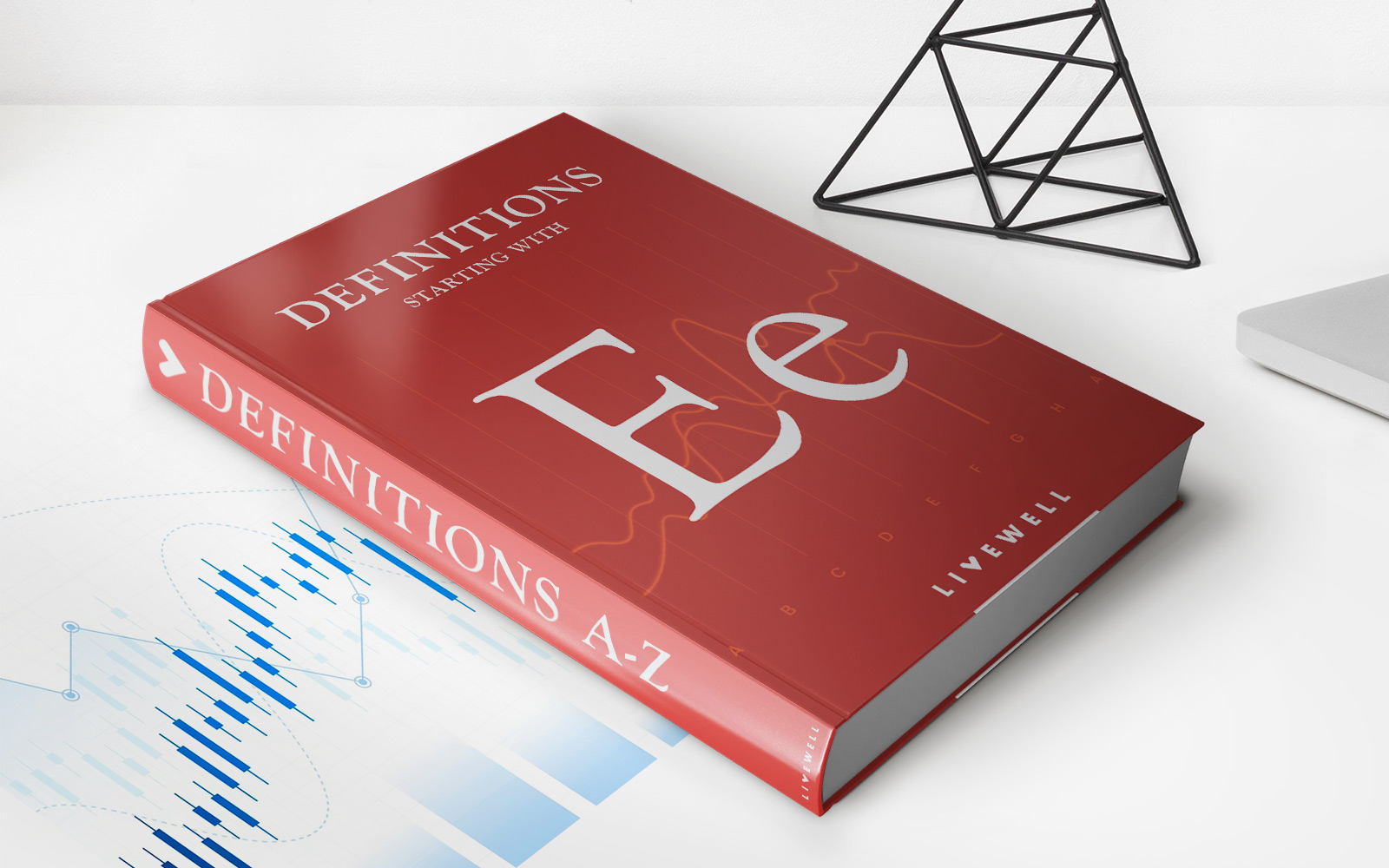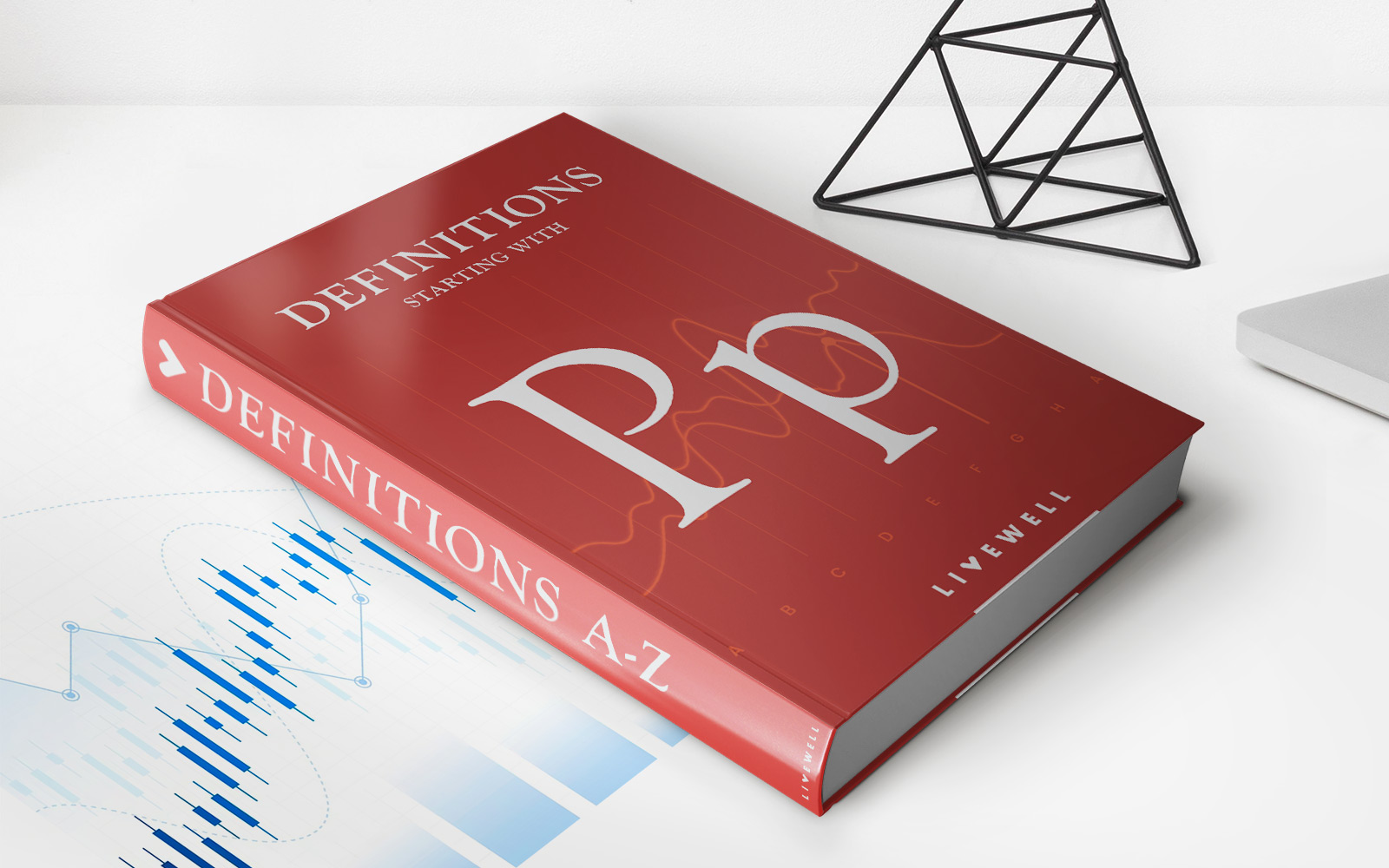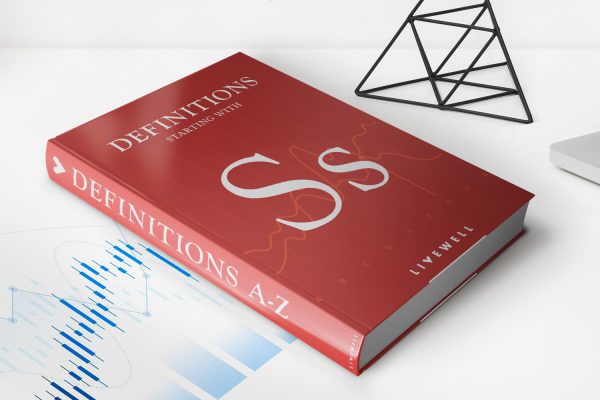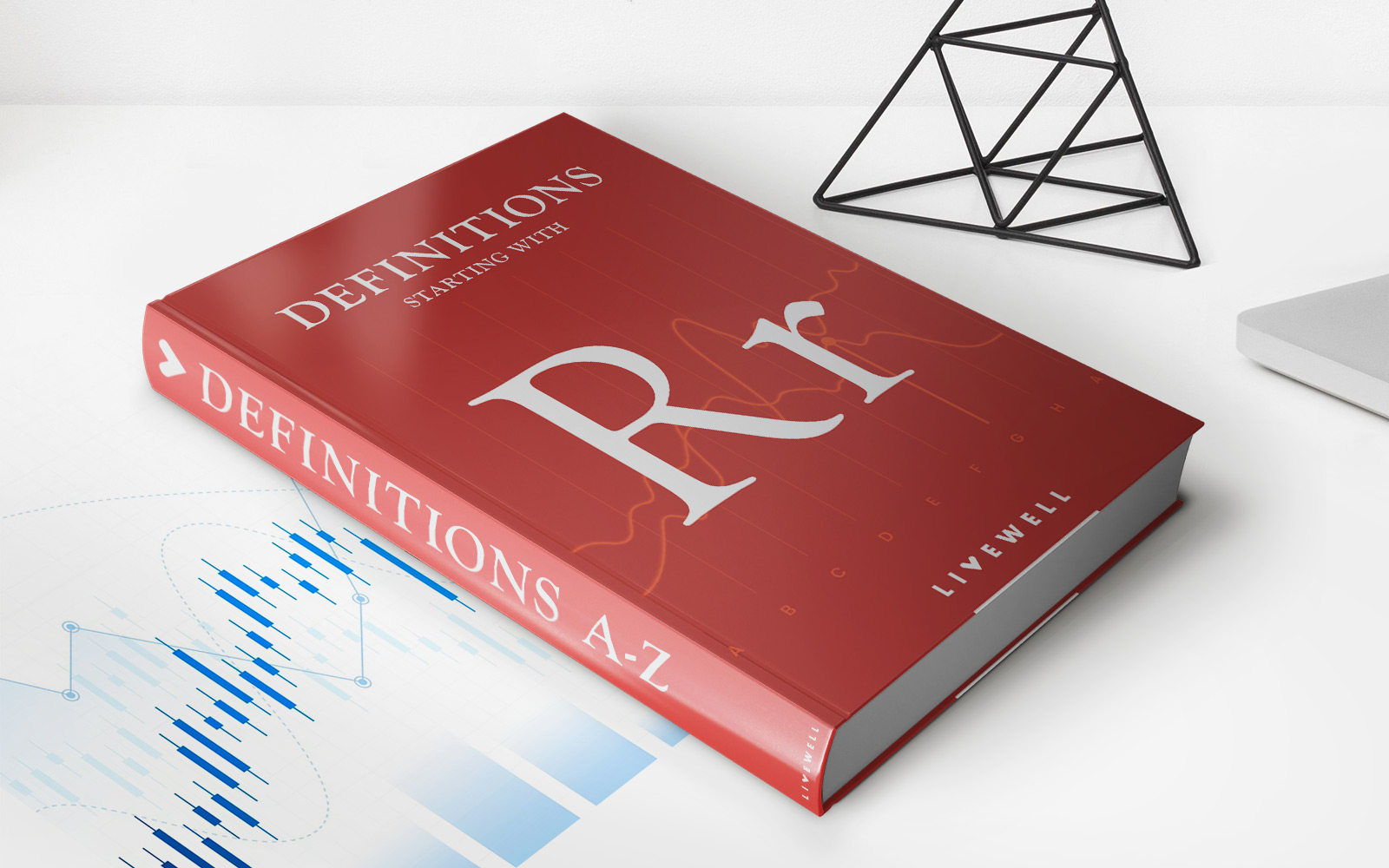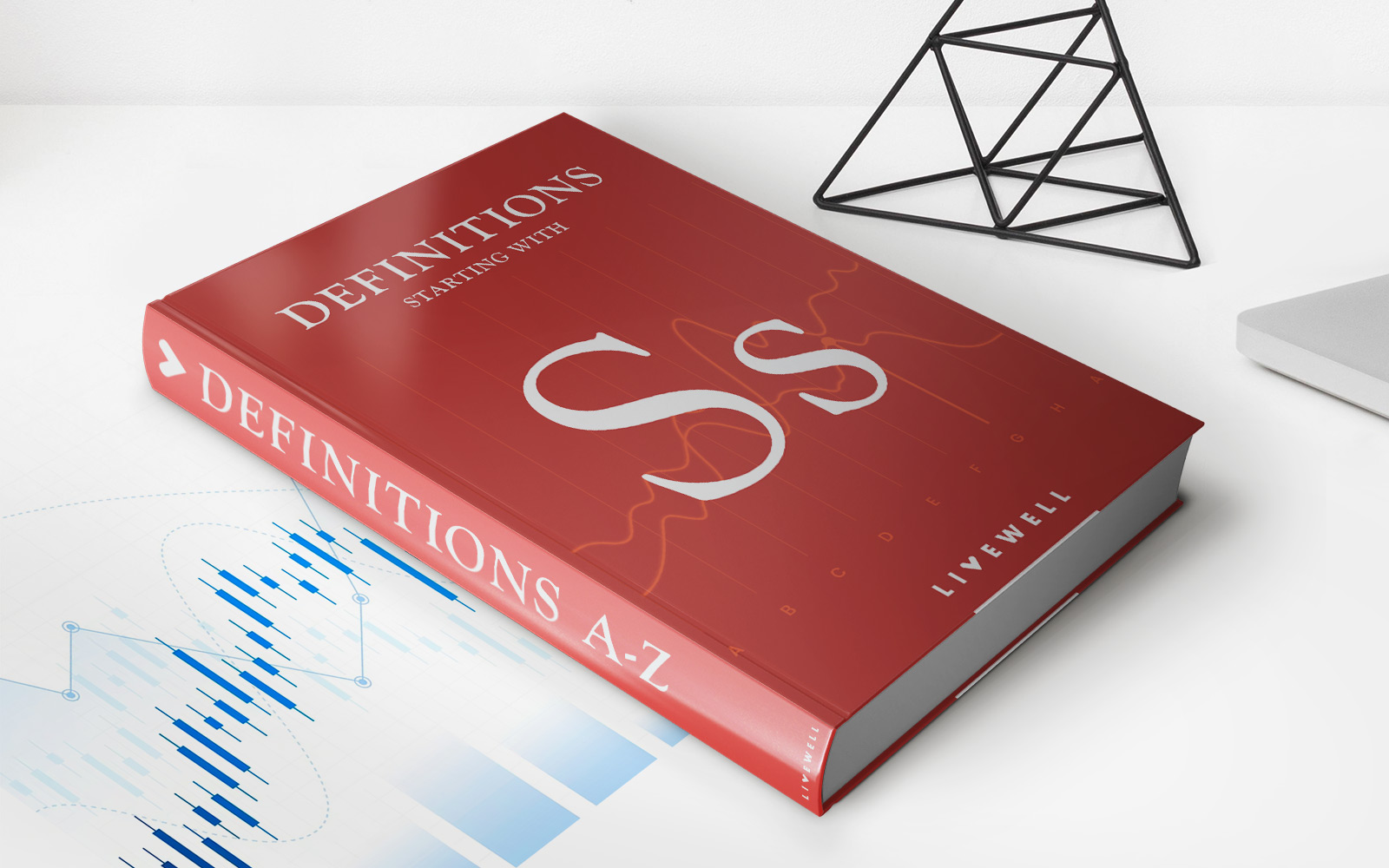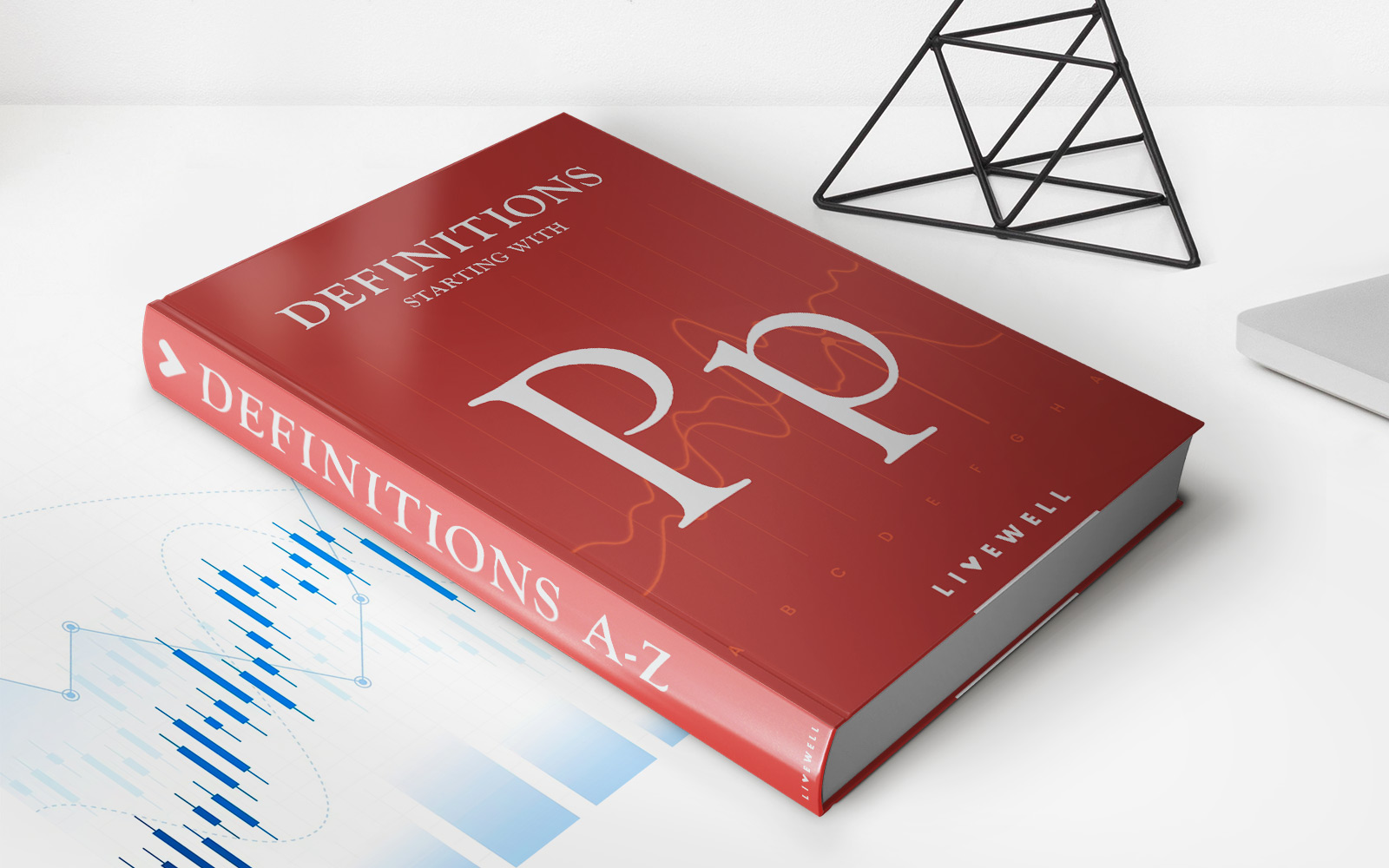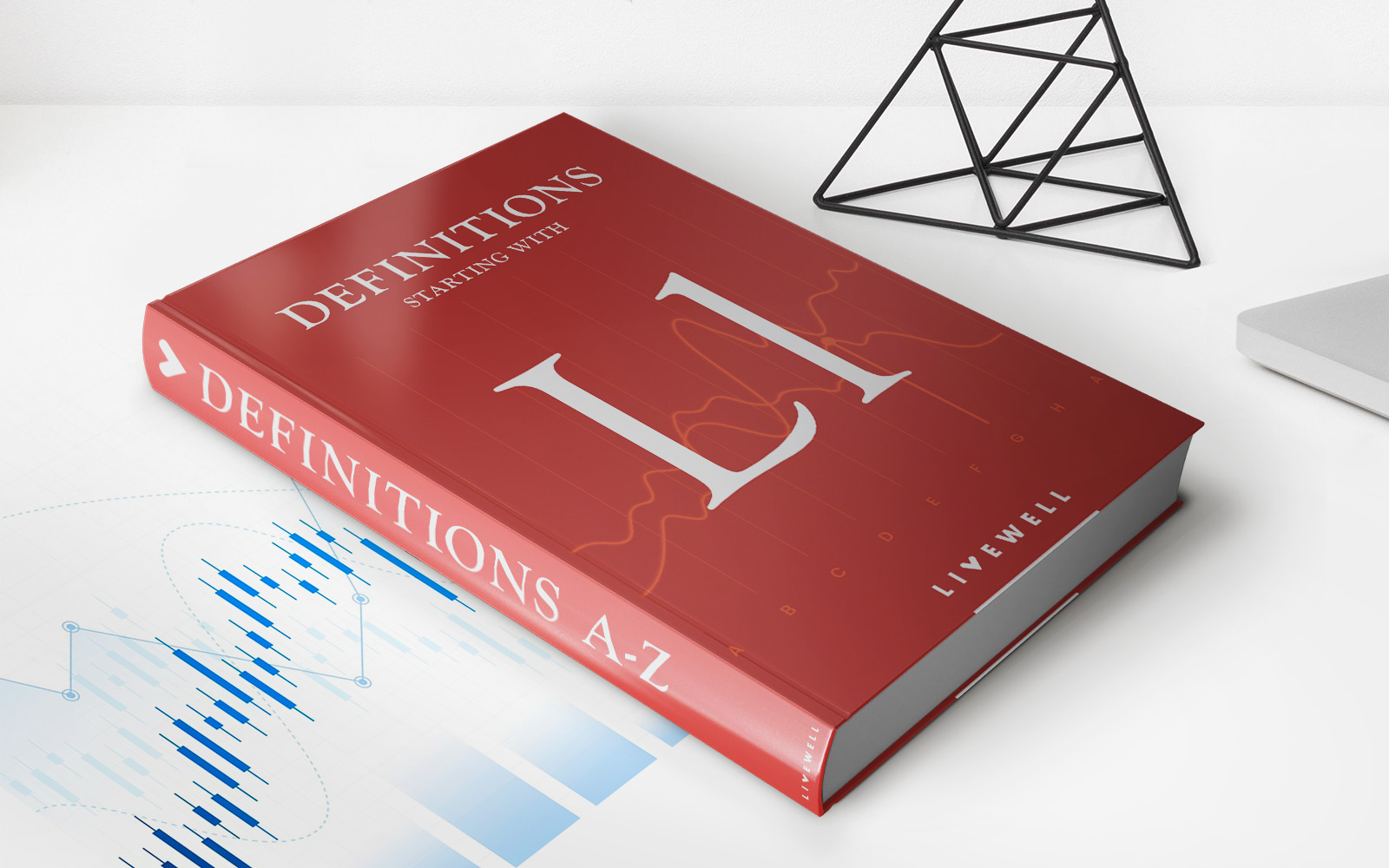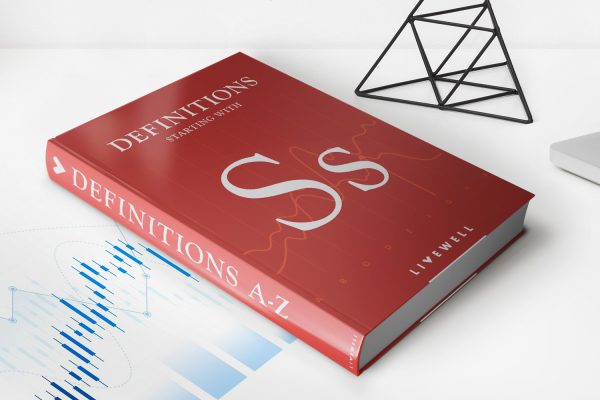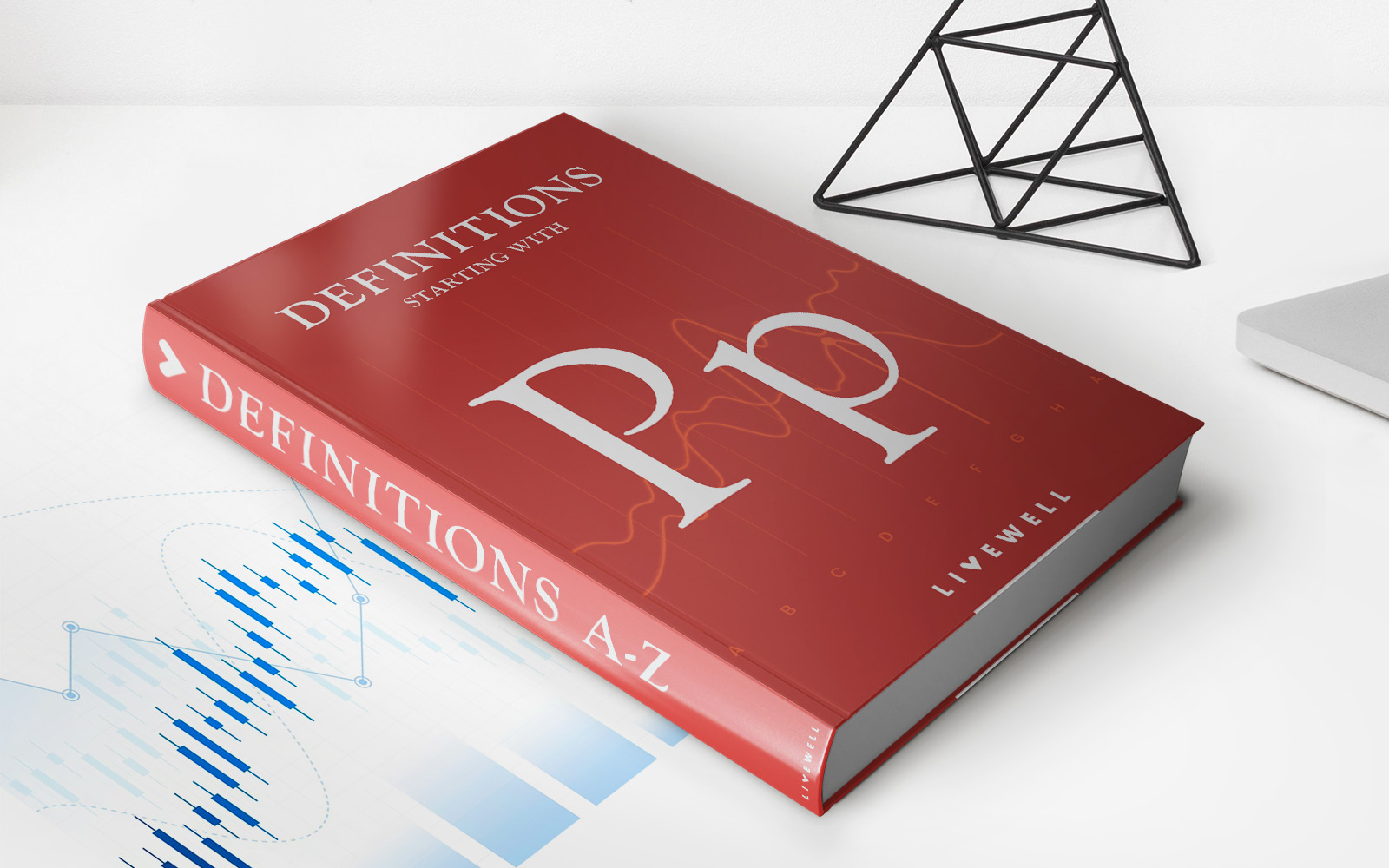

Finance
Price Improvement Definition
Published: January 10, 2024
Learn the meaning of price improvement in finance and how it can positively impact your investments. Gain insights on this important concept in the financial industry.
(Many of the links in this article redirect to a specific reviewed product. Your purchase of these products through affiliate links helps to generate commission for LiveWell, at no extra cost. Learn more)
What is Price Improvement?
In the world of finance, price improvement is a term that often comes up when discussing trading and investments. But what exactly does it mean? In simple terms, price improvement refers to an advantageous change in the execution price of a trade, leading to a better outcome for the investor.
When it comes to trading stocks, bonds, or any other financial instrument, investors are looking to buy low and sell high in order to maximize their profits. However, the execution price of a trade can sometimes be slightly different from the current market price due to factors such as order size, liquidity, and volatility. This is where price improvement comes into play.
Key Takeaways:
- Price improvement refers to a more favorable execution price for a trade.
- It can enhance a trader’s profitability and overall investment returns.
Price improvement can occur in various ways, depending on the market and trading platform. Here are a few common scenarios:
- Price Improvement through Limit Orders: When placing a limit order, investors specify the maximum price they are willing to pay for a buy order or the minimum price they are willing to accept for a sell order. If the market price moves favorably, the trade can be executed at a price better than the investor’s specified limit, resulting in price improvement.
- Price Improvement through Market-Maker Execution: Market makers are firms or individuals that provide liquidity to the market by buying and selling securities. Sometimes, when a market maker executes a trade against their own inventory, they can offer a slightly better price than what is currently available on the market, thus providing price improvement to the investor.
- Price Improvement through Dark Pools: Dark pools are private alternative trading systems that allow investors to trade large blocks of shares anonymously. Trades executed in dark pools may benefit from price improvement as they are often invisible to the broader market, allowing for more discreet and potentially more favorable price executions.
Price improvement is not only beneficial for individual investors, but it can also have significant implications for institutional investors and professional traders. The ability to obtain better execution prices can enhance profitability and overall investment returns, especially when dealing with large trade volumes.
In conclusion, price improvement is a finance concept that revolves around getting a better execution price for a trade. Whether it’s through limit orders, market-maker execution, or dark pools, price improvement can lead to improved profitability and enhanced investment returns. So, the next time you hear someone mention price improvement, you can confidently say that it refers to an advantageous change in the execution price of a trade.

